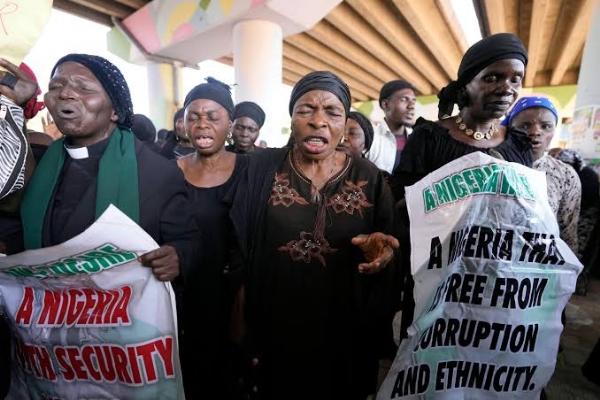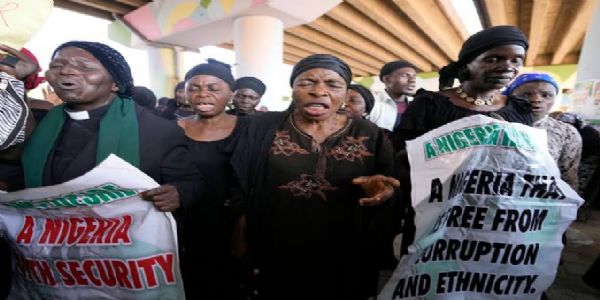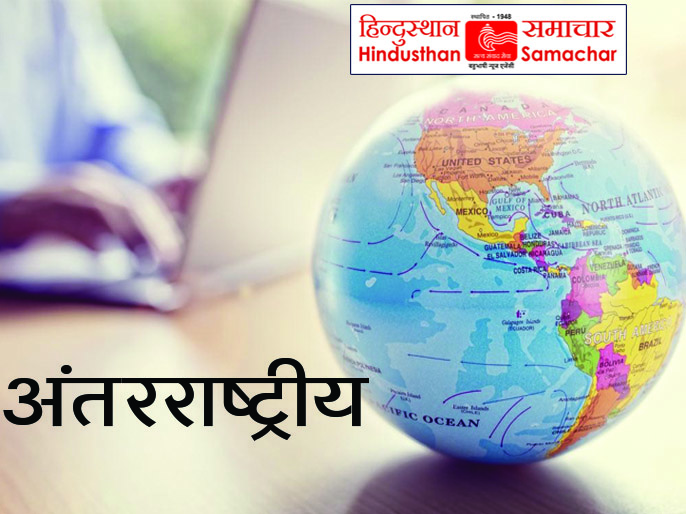
WASHINGTON, 1 November (H.S.): In a forceful declaration on Friday, US President Donald Trump asserted that Christians in Nigeria are facing an existential threat from what he described as a mass slaughter carried out by Radical Islamists. Citing the urgent need for action, Trump announced he is placing Nigeria back on the State Department's Countries of Particular Concern list for severe violations of religious freedom.
In a post on his Truth Social platform, the President stated, Christianity is facing an existential threat in Nigeria. Thousands of Christians are being killed. Without providing specific evidence, he held Islamist extremists responsible for the violence.
As a direct response, Trump has tasked Republican Representatives Riley Moore and Tom Cole, along with the House Appropriations Committee, to immediately investigate the situation and report their findings to him.
The United States cannot stand by while such atrocities are happening in Nigeria, and numerous other Countries, Trump wrote, adding, We stand ready, willing, and able to save our Great Christian population around the World!.This move signals a significant policy shift, reinstating a designation for Nigeria that was first applied in 2020 and later lifted in 2023. The Countries of Particular Concern list includes nations deemed to have engaged in or tolerated severe violations of religious freedom.
While concerns over a Christian genocide have been raised by some US lawmakers, experts note the situation in Nigeria is multifaceted. Africa's most populous nation is nearly evenly split between a Muslim-majority north and a largely Christian south.
The country has been battling a 15-year insurgency by the jihadist group Boko Haram, which has killed over 40,000 people. However, the violence is not limited to religious extremism. Large areas are plagued by criminal gangs, known as bandits, who attack villages, kill, and kidnap for ransom, often without a clear religious motive.
Furthermore, long-standing conflicts between predominantly Muslim herders and mainly Christian farmers over scarce land and water resources contribute to the violence, giving it a religious dimension in a region with a history of sectarian strife.
Experts, however, suggest these clashes are primarily rooted in disputes over land, exacerbated by population growth and climate change, rather than religion alone.
---------------
Hindusthan Samachar / Jun Sarkar








